10 Life Lessons We Can Learn from Children

Children see the world through a different lens than adults do. Their minds aren’t yet cluttered with worries about bills, deadlines, or social expectations. This fresh perspective allows them to experience life with a sense of wonder and simplicity that many of us lose as we grow older. By paying attention to how kids approach life, we can rediscover some important truths we might have forgotten along the way.
1. Live in the Moment
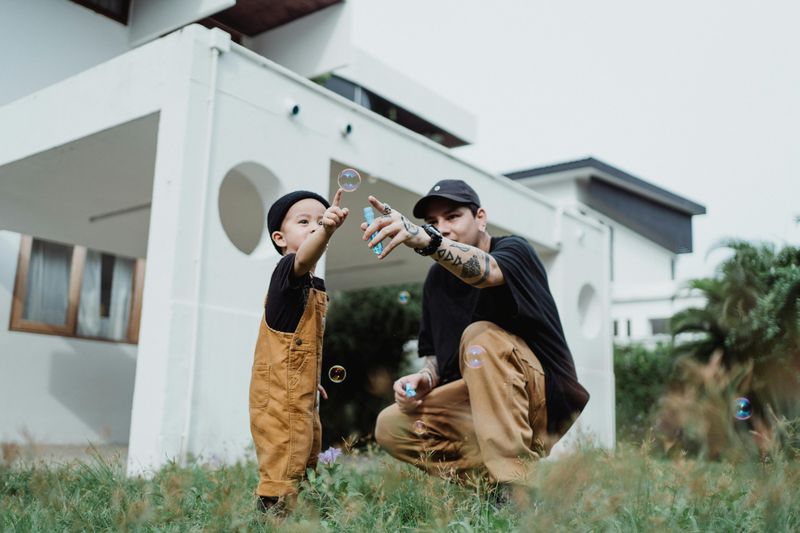
Watch a child building a sandcastle or chasing bubbles, and you’ll notice they’re completely absorbed in what they’re doing. They don’t worry about tomorrow’s playdate or yesterday’s scraped knee.
This natural mindfulness is something many adults spend years trying to recapture through meditation apps and wellness retreats. Children remind us that joy often comes from focusing fully on whatever we’re doing right now.
When we stop dwelling on past mistakes or worrying about future problems, we can experience life more richly, just like kids do naturally.
2. Embrace Curiosity

“Why is the sky blue?” “How do birds fly?” “What makes thunder?” Children bombard us with questions because they’re naturally curious about everything around them. Nothing is too ordinary to wonder about.
Adults often lose this sense of wonder as familiarity breeds indifference. We stop questioning things we see every day. Yet the most successful scientists, artists, and innovators maintain this childlike curiosity throughout their lives.
Rekindling our natural inquisitiveness can lead to new discoveries, deeper understanding, and a more engaged relationship with the world.
3. Forgive Quickly
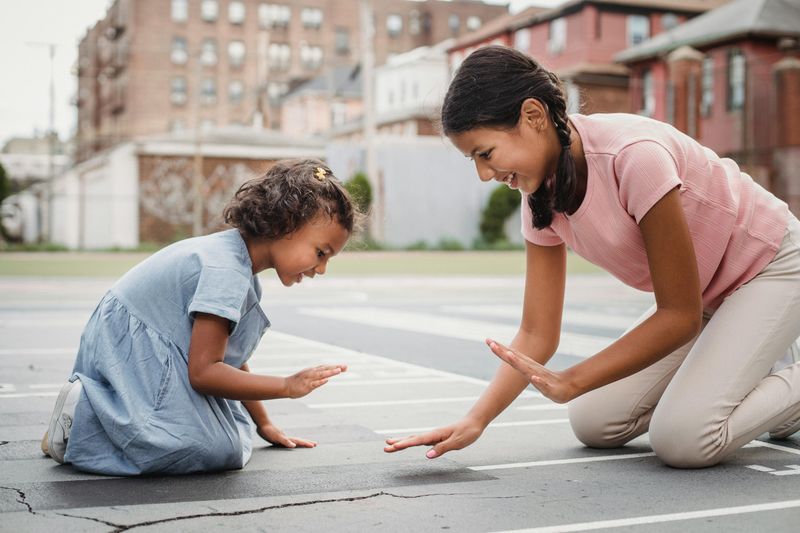
One minute two kids are fighting over a toy, the next they’re best friends again playing together. Children rarely hold grudges for long. Their ability to forgive and move on is truly remarkable.
As adults, we tend to nurse our wounds, replaying arguments in our heads and holding onto resentments for years. This only hurts us in the end. Kids show us that life’s too short and play time too precious to waste on being angry.
Their natural forgiveness reminds us that most disagreements aren’t worth sacrificing relationships over.
4. Find Joy in Simple Things
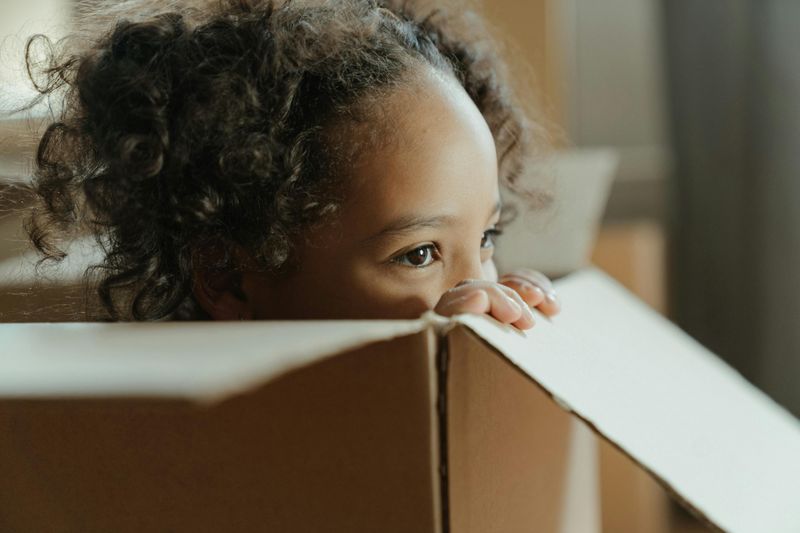
A cardboard box becomes a spaceship. A stick transforms into a magic wand. Children don’t need expensive toys or elaborate entertainment to have fun – they create magic from ordinary objects.
Somewhere along the way to adulthood, many of us lose this ability. We chase bigger houses, fancier cars, and exotic vacations, thinking these things will make us happy. Meanwhile, kids remind us that joy often comes wrapped in simple packages.
Their delight in everyday wonders – rainbows, puddle splashing, rolling down hills – shows us happiness doesn’t require a big budget.
5. Be Honest with Your Feelings
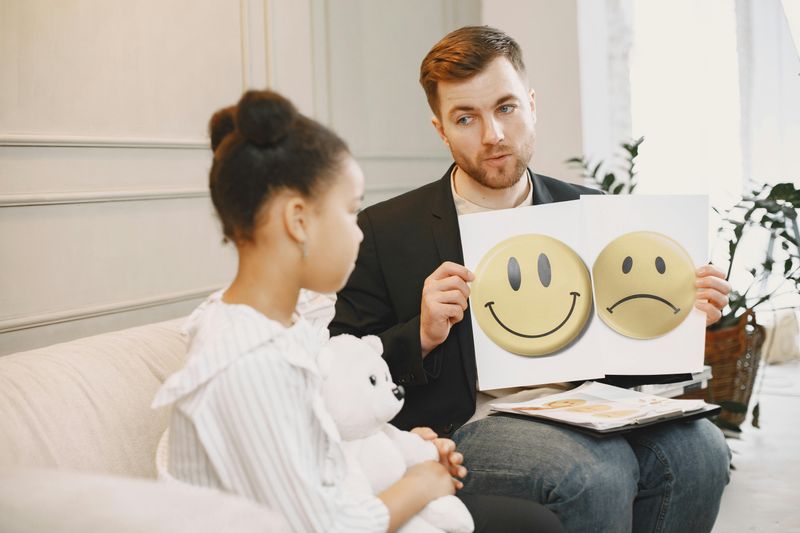
Young children haven’t yet learned to hide their emotions. When they’re sad, they cry. When they’re happy, they laugh or dance around. There’s no pretending to be fine when they’re upset.
This emotional honesty is refreshing in a world where adults often mask their true feelings. We say we’re “fine” when we’re hurting, smile when we want to scream, and bury emotions that seem inconvenient.
Kids show us that acknowledging our feelings – even the messy ones – is healthier than bottling them up. Their emotional transparency offers a valuable lesson in authenticity.
6. Make Friends Easily
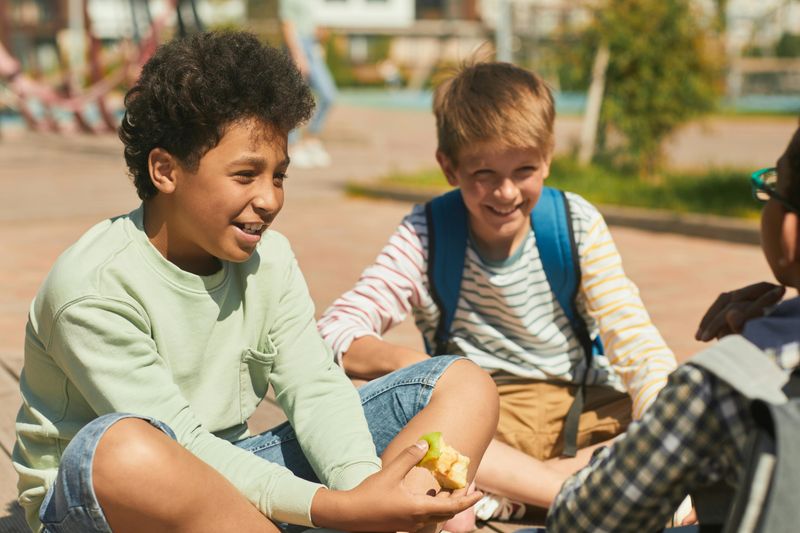
“Want to play?” With just three simple words, children can form new friendships in minutes. They don’t worry about social status, what someone’s job is, or if they have the right connections – they just want to have fun together.
Adults complicate relationships with judgments, expectations, and fears of rejection. We hesitate to reach out, overthinking every interaction. Children remind us that friendship can be straightforward and immediate.
Their open approach to connecting with others shows us how much easier social bonds could be if we dropped our pretenses and simply shared our time and interests.
7. Try New Things Without Fear

First steps, first bike ride, first dive into a pool – childhood is filled with brave first attempts. Kids naturally push their boundaries, often without the fear of failure that holds adults back.
They fall down, get up, and try again, somehow understanding intuitively that mastery requires practice. This fearless approach to learning serves them well as they develop new skills at an astonishing pace.
Many adults become risk-averse, sticking to what’s comfortable rather than risking embarrassment or failure. Children remind us that growth happens outside our comfort zones.
8. Dance Like Nobody’s Watching

Put on some music around children and watch what happens. They don’t worry if their moves look silly or if they’re following the right steps – they just feel the rhythm and express it however feels good.
Most adults lose this freedom of expression. We become self-conscious, worried about looking foolish or being judged. We hold back instead of letting go.
Children’s uninhibited joy in movement teaches us to care less about how we look and more about how we feel. Their spontaneous dancing reminds us that life is meant to be celebrated, not just endured.
9. Ask for Help When Needed
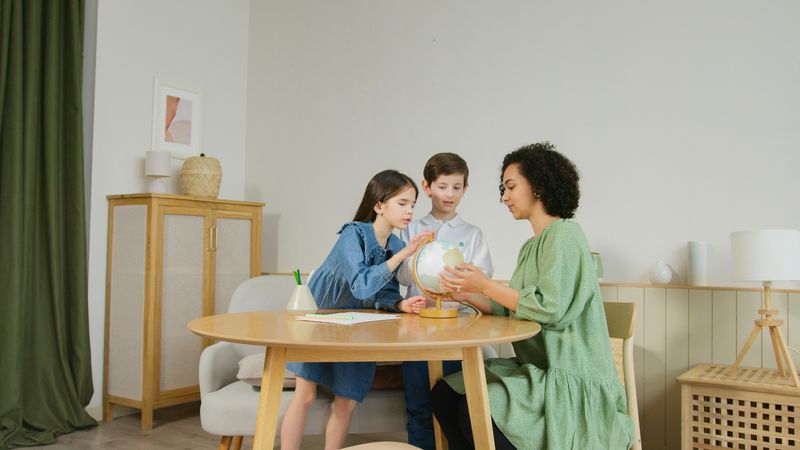
“Can you help me?” Children ask this question without shame. They haven’t yet absorbed the adult belief that needing assistance is a sign of weakness or incompetence.
When a task is too difficult, they simply reach out for support. This straightforward approach to problem-solving serves them well. Meanwhile, many adults struggle alone rather than risk appearing vulnerable or incapable.
Kids show us that recognizing our limitations and seeking help isn’t a character flaw – it’s a smart strategy for growth and learning. Their willingness to lean on others demonstrates true strength.
10. Find Wonder in the Ordinary

A child can spend an hour watching ants march along a sidewalk or clouds shifting shapes in the sky. Ordinary things that adults walk past without noticing become sources of fascination and delight.
This ability to find wonder in everyday life is perhaps the greatest gift of childhood. As we age, familiarity dulls our senses. We stop noticing the miracle of changing seasons or the complex beauty of a spider’s web.
Children’s natural amazement at the world reminds us to slow down and really see what’s around us. Their fresh eyes help us rediscover the extraordinary hiding within the ordinary.

Comments
Loading…